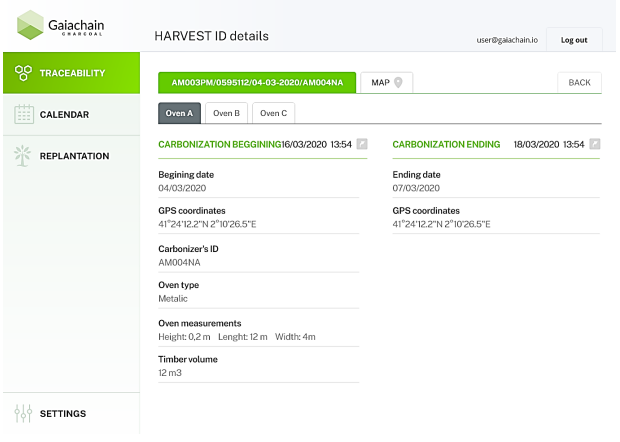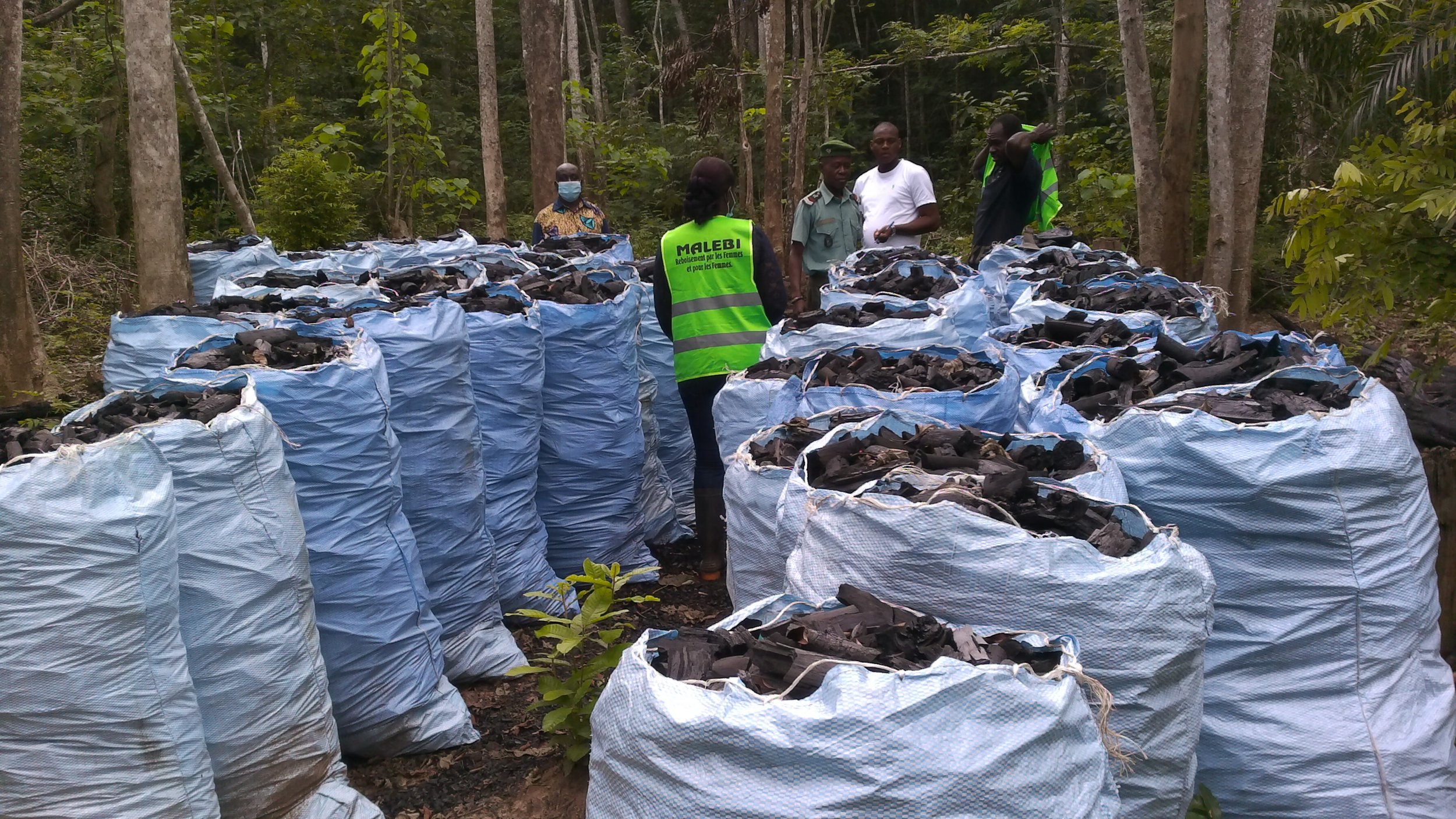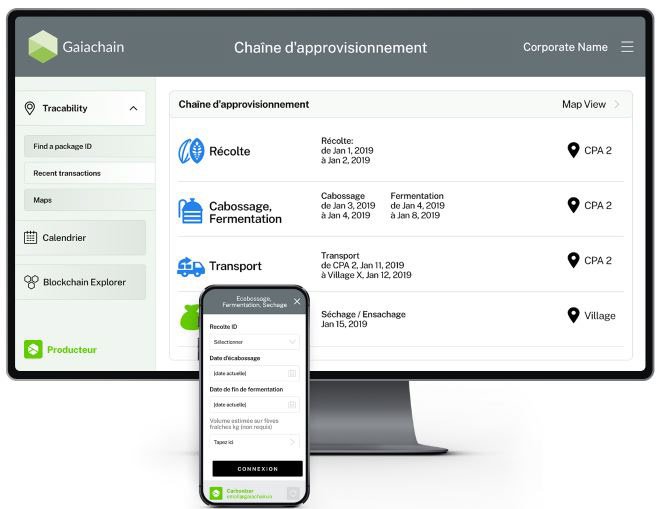
Charcoal Traceability
Gaiachain - 2020 / 2021
Project Overview
Gaiachain/REM, Milo Solutions and their local partner the MALEBI Women’s Association implemented a one-year project funded by the FAO to pilot charcoal traceability in Ivory Coast in 2020/2021. I was contracted as the project coordinator and lead UX researcher. As part of the project, I investigated the charcoal supply chain to understand the real-world challenges and implications of using a blockchain-based app for traceability in the forest area of Ahua.
Process
Value Chain Mapping, User Interviews and Workshops, Low-fidelity Mockups, Field Testing
User Research
The research was the most important phase to map the value chain and understand the context, the constraints and the user's needs. I also outlined the user rights (to access to the app) and the framework around legal charcoal.
Value Chain Mapping
Identifying the traceability and the data needs at each step of the chain
Considering charcoal legality indicators to integrate into the app
This step was challenging because of the complexity, the unclearness and the lack of enforcement of the charcoal legal framework. Plus, the market is highly informal. However, the objective of the project was to confirm the possibility to trace legal charcoal with blockchain. With the team, we produced a set of indicators to differentiate the legal charcoal from illegal one.
Defining the traceability units
The value chain is divided into units, and each unit corresponds to a change of block, state and ownership and therefore user. We identified 3 traceability units.
High-fidelity Mockups
Field Testing
We did two field testing with our local team in Ivory Coast. The testing involved capturing data on android phones offline and transferring it back to a laptop online. We used QR codes and traced charcoal bags from the Ahua Forest to the delivery points.


















